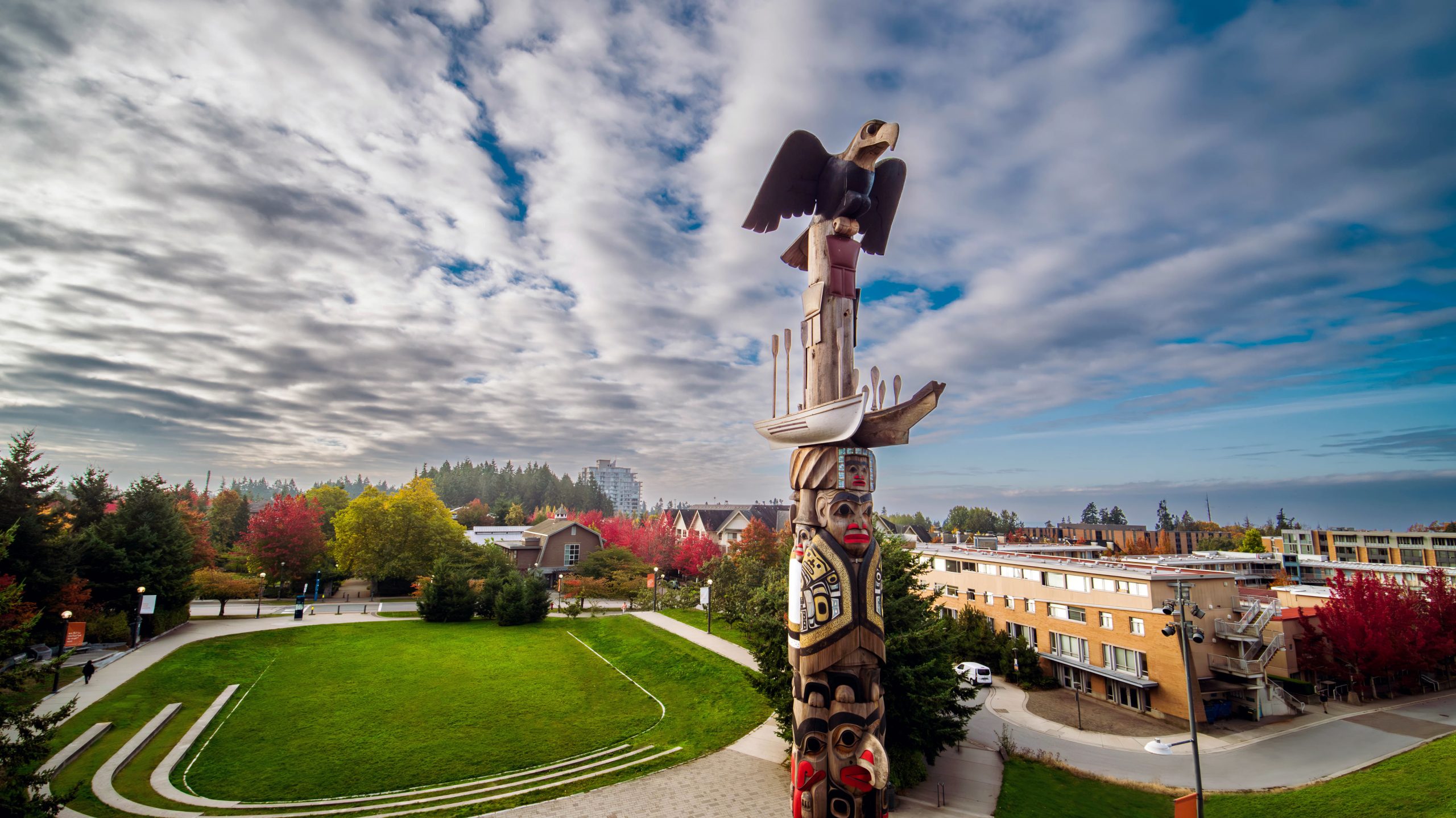Arjun Chowdhury’s new book, The Myth of International Order: Why Weak States Persist and Alternatives to the State Fade Away, demands that we rethink foundational concepts of international politics like political stability and state failure. Below he shares insights on his research and writing process for the book, and details his challenge to both IR and comparative politics.
Available in bookstores and online: November 23, 2017 // Read more about the book here
THE BIG PICTURE
What is the central argument in your new book?
The central argument of my book is that we should expect the majority of states in the world to be ‘weak’ states – states that cannot monopolize violence or deliver the services their citizens expect – and yet despite this inability of states, we will not see the development of viable alternatives to the state. I explain that this outcome and the problems associated with it – long civil wars, low rates of taxation, multiple challenges to state authority – are the result of the long-run development of the international system, specifically the decline of interstate war and colonial conquest. Weak states, far from being an aberration to the ‘normal’ course of development, are a product of that development. For better or worse, we will continue to live in a state-dominated world where most states are weak.
What area of literature does this book contribute to, and what area of literature does it challenge?
My book challenges two assumptions in the literature in International Relations and Comparative Politics. First, in International Relations, that states that monopolize violence are the component units of the international system; I argue this has never been the case and show why. Second, in Comparative Politics, that state weakness is largely an effect of domestic factors like low population density or ethnic divisions; I argue that state weakness is the product of international factors, namely the development of the international system.
What gaps in the existing literature / knowledge were you looking to address when you began your book?
When I began the book, I wanted to provide a theory of state formation that applied to the international system as a whole, rather than state formation in particular regions like Europe or Africa.
What do you hope this book will add to our understanding of current events, political phenomena, societal issues, etc?
State weakness or low state capacity is at the root of several foreign policy problems: civil wars, low rates of economic growth, and poor health outcomes. But at its most fundamental, state weakness means that the people within a given society are unwilling to give up the means of violence and/or unwilling to pay taxes. My book explains that over history, people have only given up the means of violence and paid high rates of tax under the threat of costly interstate war. As the costs of these wars escalated in the first half of the twentieth century, the type of war that drove state formation in Europe has become unlikely to occur in the contemporary world. At a policy level, my book should make us wary of foreign aid and armed intervention: neither of these address the fundamental problem of state weakness, and, in many cases, are likely to worsen it.
What motivated you to focus your scholarship on this topic?
I began thinking about this topic because I was frustrated by the logical implication of the terms ‘weak states,’ ‘failed states’ and so on. The policy implication was an unwarranted optimism that state weakness could be fixed through ‘nation-building’ like the disastrous US invasion of Iraq. I thought it was bizarre that we as a scholarly community could look at 70% of states in the world and say these are anomalies, and that the 30% of European and North American polities are the norm. How could the minority be seen as normal and the majority seen as abnormal? This made no sense to me. So I began with the goal of explaining the opposite claim: weak states are the norm over time and at any given time.
What books / scholarship inspired you to undertake this project?
I was inspired by but also wanted to challenge the heavy hitters of social science: Charles Tilly and Miguel Centeno on state formation, James Scott on the limits of state power, Ranajit Guha on peasant rebellions, Douglass North and Daron Acemoglu on the origin of inclusive institutions, James Fearon and Stathis Kalyvas on the dynamics of war.


